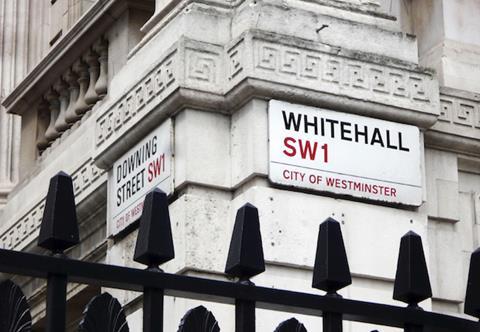
The government is to delay legislating for the reduction to the money purchase annual allowance (MPAA), and the introduction of the £500 tax-exempt employer-arranged pensions advice allowance.
The clauses that would legislate for these provisions have been removed from the Finance Bill 2017, which was debated in the House of Commons yesterday (Tuesday 25 April 2017).
During the debate, the government confirmed that the omitted clauses would still go ahead, however these will now be included in a Finance Bill in the next Parliament.
The MPAA will reduce from £10,000 to £4,000, as announced by Chancellor Philip Hammond at the Autumn Statement in November 2016 and confirmed in the Spring Budget 2017. This was due to come into effect from April 2017.
The pensions advice allowance limit is to be increased from £150 to £500, enabling employees to access up to £500 of tax-free advice in a tax year. The employer-arranged advice can be put towards general financial and tax issues relating to pensions. This measure was announced in the March 2016 Budget, and was also due to come into effect from April 2017.
The Finance Bill 2017 is currently being passed before Parliament.
Jane Ellison, financial secretary to the Treasury, who spoke at yesterday’s House of Commons debate, said: “The Bill is progressing on the basis of consensus and therefore, at the request of the opposition, we are not proceeding with a number of clauses. However, there has been no policy change. These provisions will make a significant contribution to the public finances, and the government will legislate for the remaining provisions at the earliest opportunity, at the start of the new Parliament.”
Peter Dowd, Labour MP, added: “The prime minister’s announcement outside No. 10 and the subsequent vote mean we do not have sufficient time in this Parliament to give the full Bill the proper parliamentary oversight it requires and deserves, as I am sure members will understand.
“It is clear that the Treasury was unaware of the prime minister’s plans for a snap election, but the opposition recognise the unique scenario we are in and the government’s responsibility to levy taxes, and I am sure the minister recognises our responsibility to scrutinise the Bill in as open and transparent a manner as we possibly can. That is why we have acted in good faith to ensure that a version of the Bill can pass before Parliament is dissolved.”
Tom McPhail, head of policy at Hargreaves Lansdown, said: “The government is rushing through the legislation wash-up, prioritising key policy measures and jettisoning anything which could slow-up the process. The good news is the suspension of the cuts to the money purchase annual allowance and the dividend allowance, however investors would be wise not to assume this is a permanent reprieve."
Steven Cameron, pension director at Aegon, said: “The reduction in the pensions annual allowance from £10,000 to £4,000 for those who had exercised pension freedoms was very contentious and at odds with the government's intention to support longer working lives. Ideally, we would like to see the proposed reduction dropped entirely. We’re also looking for urgent clarification on whether individuals will be allowed to pay in £10,000 in the current tax year without suffering a tax penalty.
“Another casualty of the race to hold a general election is employers funding up to £500 of advice for employees. Some employers will already have included this into employee benefit packages and we again need urgent confirmation that anyone who has already received this will not be taxed on this as a benefit in kind.”











